Polymers Petrochemicals Bioplastic Biodegradable 27-02-2019 - Arhive
- China – Polyethylene Terephthalate
PET and its chain are always weak.
- Polyamide6 and its chain are steady.
PET Bottle grade export 1,030/1,075 $/ton – PET Bottle grade domestic market 8,200/8,300 yuan/ton – PET Filament grade SD domestic market 7,600/7,700 yuan/ton – PET Filament grade BR domestic market 7,600/7,700 yuan/ton
PTA Taiwan 850/860 $/ton – PTA domestic market 6,250/6,400 yuan/ton – MEG $ 610/620 $/ton – MEG domestic market 4,950/5,050 yuan/ton – PX Korea 1,090/1,100 $/ton
POY 150D/48F domestic market 8,200/8,300 yuan/ton – DTY 150D/48F domestic market 10,200/10,300 yuan/ton – PSF domestic market 8,700/8,800 yuan/ton
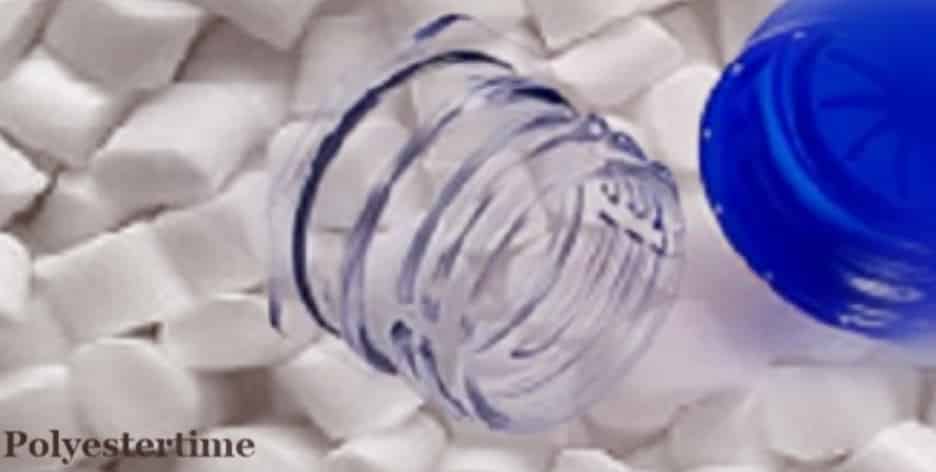
Hyosung Advanced Materials Corporation is to invest 46.8 billion won (US$ 41.5 million) in a PAN carbon fibre production expansion at its plant in JeonJu, South Korea.
The JeonJu plant expansion will produce an additional 2,000 metric tons annually of carbon fibre resulting in a total production yearly capacity of 4,000 metric tons by the first half of 2020.
The new production line will produce high-performance PAN carbon fibres, which provide some of the highest tensile strengths available on the market.
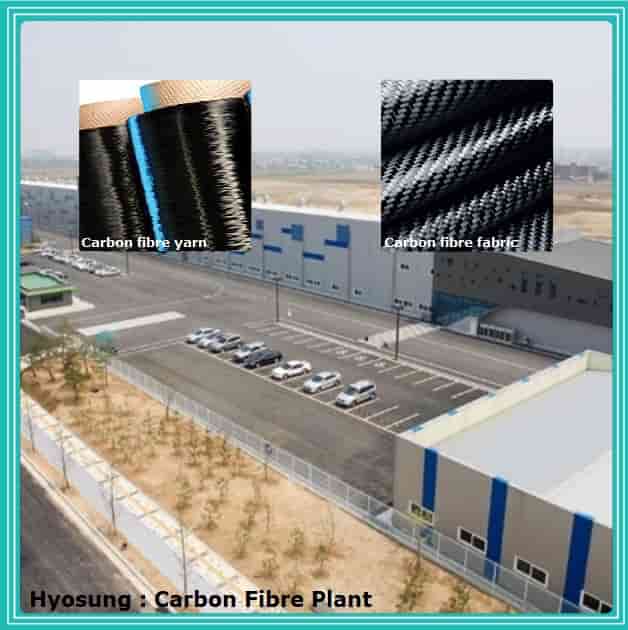
In alignment with the trend of decoupling steam production from power production in cogeneration applications in combined-cycle plants, Novel S.p.A. turned to GE Power to modernize its power station in Novara, Italy. Novel is a joint venture between the Swiss energy company Alpiq and Geogreen, owned by Radici Group.
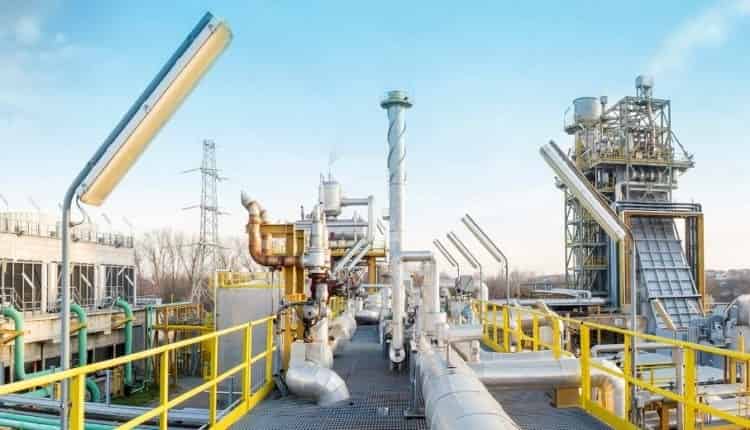
Crude Oil Prices Trend

BOPP and CPP films manufacturer Poligal (Narón / Spain; www.poligal.com) is to shut down the plant at its headquarters.
The company is restructuring since production in Narón and its margins have had to sustain tough market conditions, including high raw material prices and overcapacity. Its customers will be served from Poligal’s other facilities.
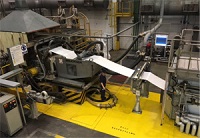
Anellotech and its joint development partners IFPEN and Axens have processed renewably-sourced aromatics made at Anellotech’s TCat-8® pilot plant to successfully recover high-purity bio-based paraxylene – a key component for making 100 per cent biobased PET bottles a reality.
This is a key development milestone for Anellotech and global consumer beverage company Suntory, as the two partners will collaborate to produce the bottles. Anellotech, IFPEN and Axens will now purify additional paraxylene to create pilot sample 100 per cent bioPET beverage bottles – as well as sample quantities of bio-based benzene whose derivatives (nylon, ABS, polycarbonate, linear alkyl benzene) are used in clothing, toys, mobile phones and laundry detergent.
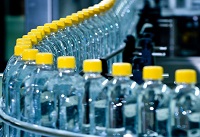
As part of its sustainability initiative, the Gabriel-Chemie Group is implementing several strategy programs. One of the first modules is the introduction of a colour range based on Post Consumer Recycled polypropylene.
Gabriel-Chemie has been working for some time on the reduction of virgin materials, i.e. the native, fossil raw materials in plastic or masterbatch processing. With a first colourful masterbatch offer from Post Consumer Recycled polypropylene, a milestone in the market has been achieved.
The suppliers collect their polymer from post-consumer waste such as the so called “Yellow Bag“(“Gelber Sack”), which serves as a base material. The creation of a large variety of colours is already possible. Lighter and effect colours, as well as e.g. the combination with laser marking additives, can also be realized depending on customer requirements and demands.
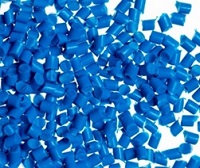
OPEC and its allies will stick with their agreement to cut oil supply, pushing for more adherence despite a demand by U.S. President Donald Trump that the producer group ease its efforts to boost crude prices, a Gulf OPEC source said on Tuesday.
Based on current market data, the so-called OPEC+ group is “likely to continue with the production cuts until the end of the year”, the source told Reuters.
Trump, in the latest in a series of tweets about oil prices since April 2018, wrote on Monday: “Oil prices getting too high. OPEC, please relax and take it easy. World cannot take a price hike – fragile!”
Following the tweet, oil prices registered their largest daily percentage drop this year, with Brent crude losing 3.5 percent on Monday. Brent edged up on Tuesday.
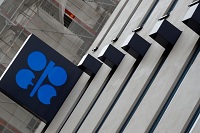
More than eight million barrels of Venezuelan crude oil is sitting in tankers as U.S. sanctions are preventing the country from selling the commodity worth about half a billion dollars, Bloomberg reports, adding this is happening amid dwindling heavy crude supply globally that has seen the traditional premium of light crude to heavy dissipate.
The cargoes, distributed among 16 tankers off the Venezuelan coast, hold crude oil belonging to PDVSA but also to Chevron, Valero Energy, and Rosneft: all PDVSA partners in production joint ventures.
The crude had to be moved to tankers, sources told Bloomberg, to clear up storage space at the JVs upgraders that convert the heavy crude into liquid that can be utilized in refineries.
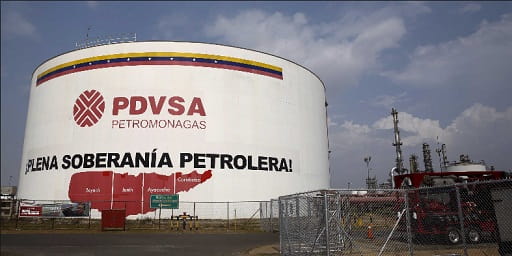
Ring Container Barrier Guard clear PET bottles Ring Container Technologies (Memphis, TN) launched a patent-pending, proprietary and customizable technology platform, BarrierGuard. The company is disrupting the traditional balance of protection and value with the initial application of this technology, BarrierGuard OxygenSmart, that is already being used by a major food company, PlasticsToday is told.
“BarrierGuard represents a customer solution philosophy rooted in improved efficiency and customizable performance,” said Brian Smith, Senior Vice President of Innovation and Supply Chain at Ring Container Technologies. “Ring is thrilled to grow its portfolio of innovative proprietary technologies, and we look forward to continuing our collaboration with both current and prospective customers on solutions that optimize their packaging and profits.”
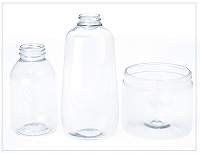
Spot resin continued to transact at a rapid pace last week, reports the PlasticsExchange (Chicago) in its Market Update. Completed volumes remained high, favoring once again polyethylene (PE) over polypropylene (PP).
Good trading activity was spread among all commodity resins, with film grades reigning supreme. Most prime materials were accessible at a fair price, making transactions relatively easy to complete.
Nicely discounted off-grade deals also came and went, snapped up by savvy buyers.
PE contracts are rolling flat in February, according to the PlasticsExchange.
The initial $0.06/lb nomination was split into two $0.03 parcels for February and March, but then the plan just sputtered. Processors might call steady a win, while producers can celebrate standing their ground . . . at least officially.
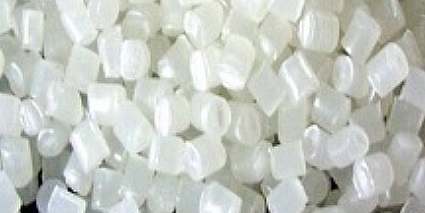
UK-based natural plastics producer Biome Bioplastics has partnered with compostable packaging films maker Futamura to present a range of bio-based and compostable multilayer films.
The films combine Biome’s biodegradable sealant resins with compostable NatureFlex cellulose films from Futamura to generate various laminated flexible structures.
Biome Bioplastics sales manager Myriam Moeyersons said: “This range of multilayer films allows brand owners to move away from non-recyclable packaging and show that they are at the forefront of the drive to create a circular economy for plastics.
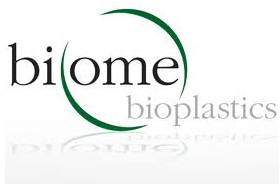
Chemicals giant BASF has put its pigments business up for sale as it continues to divest lower-margin businesses. The news came during the company’s full-year results, which included a drop in earnings for 2018.
A deal for the business unit, which posts sales of about €1 billion ($1.1bn), is expected by the end of 2020, according to chief executive Martin Brudermüller.
The news comes a month after Swiss competitor Clariant put its pigments business up for sale, with an estimated value of around $820 million, on the back of intense competition from Asian companies.
Despite this, BASF is targeting an acceleration of its organic growth and the strengthening of its position in Asia – particularly China – the key market for the chemical industry.
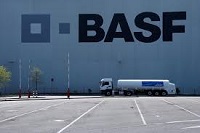
A project aimed at creating a solution for hard-to-recycle black plastic that places recycled content into food-grade packaging has been awarded £800,000 under the UK Government’s Innovate UK grant scheme, in order to bring the technology to market.
Called PolyMet, the technology uses a chemical process to remove the dark pigment from coloured, rigid plastics without compromising their structure. With the pigment removed, the material can be more easily detected by traditional recycling machines and, therefore, re-incorporated into future plastic manufacturing processes.
Sorting machines typically cannot detect black plastics because of the carbon pigment, which mean they generally get sent to landfill or incineration. Overall, the UK is estimated to send more than one million tonnes of black plastics to landfill every year – largely because most Material Recycling Facilities (MRF’s) view them as contaminants which are expensive to recycle.
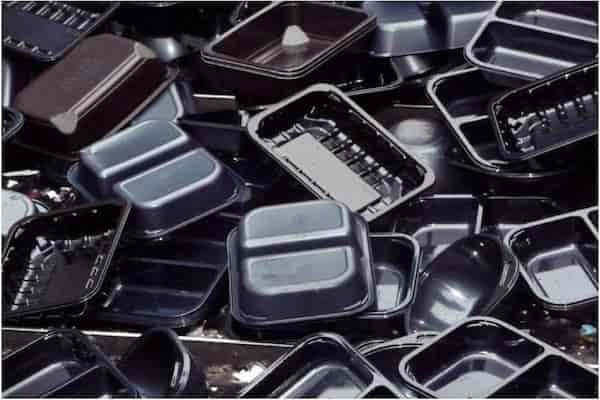
Demand for biodegradable plastics may be soaring, but as Bunzl’s Joanna Gilroy argues they are far from being a quick fix for the plastic waste challenge
The term biodegradable is certainly the buzz word of the moment when it comes to finding environmentally responsible alternatives to everyday disposable plastics. Rapid growth in the biodegradable plastics market is largely being driven by conscientious consumers demanding environmentally friendly products. Consequently, the global bio-based plastics market grew at around the 20 per cent mark in 2018, and this year the European bio-plastics market is projected to grow by 12 per cent.
It is very easy to understand this sudden demand and the appeal of biodegradable plastic. It sounds environmentally friendly. The very term, biodegradable, strongly suggests that the material will just disappear after use. However, before we all buy into this solution, we need to challenge assumptions and ask the question: What makes biodegradable plastics a credible, long-term, sustainable option?
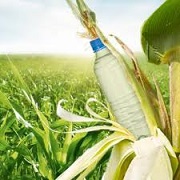
Indorama Ventures Public Co. Ltd. (IVL), a global chemical producer, announced the completion of its acquisition of M&G Fibras Brasil, in Cabo de Santo Agostinho, Brazil. The Cabo plant manufactures and supplies Polyester Staple Fiber, with total polymerization capacity of 75,000 tonnes/annum.
Indorama Ventures had previously announced its agreement to acquire M&G Fibras Brasil on 2 November 2018, following the acquisition of Brazil’s largest PET asset announced in the first quarter of 2018. This acquisition is the Company’s debut into the fiber business in Brazil and is a strategic step forward. It provides IVL a unique opportunity to add capacity in fibers and establish its presence in South America’s largest economy, Brazil.

